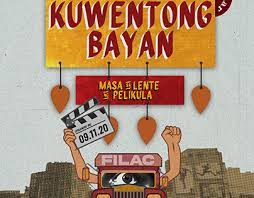Search results: 1295
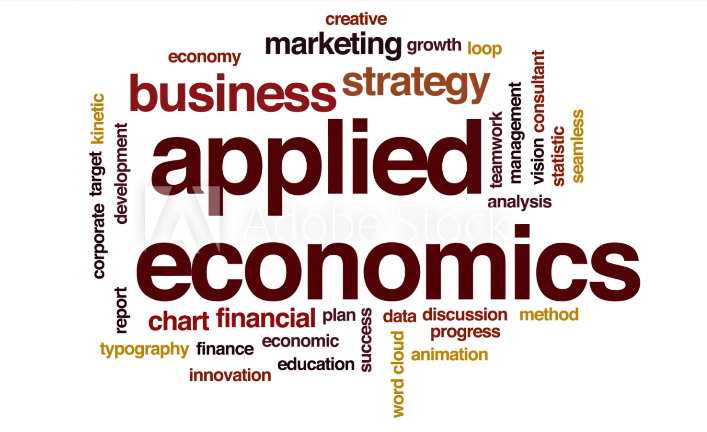
318801-GRADE 12- PERSEVERANCE-APPLIED ECONOMICS
This module contains a brief discussion and activities that will familiarize the learner with economic activities, problems, issues and concerns.
The Introduction to Applied Economics is a field of discipline that can essentially ventilate concepts and valuable information fitting to familiarize learners with economic activities, problems, issues and concerns. It covers wide-ranging discussions on the four major economic activities such as production, allocation, distribution and consumption. Likewise, it is a course that integrates the different essential roles of the economic sectors of agriculture, industry, domestic/international trade and commerce, and services

318904 Grade 10 A-Science
The learners
demonstrate
understanding
of the relationship
among the
locations of
volcanoes,
earthquake
epicenters, and
mountain
ranges.
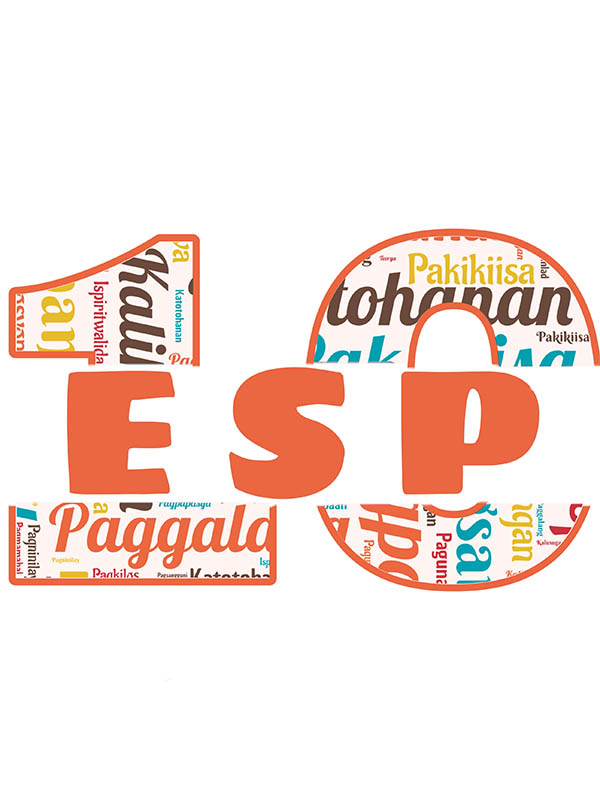
318904_GRADE 10A_EDUKASYON SA PAGPAPAKATAO
Naipamamalas ng mag-aaral ang pag-unawa sa mga konsepto tungkol sa pagkatao ng tao, makataong kilos, pagpapahalagang moral at mga
isyung moral at nagpapasya at kumikilos nang may preperensya sa kabutihan upang maging matatag sa gitna ng mga isyung moral at
impluwensya ng kapaligiran.

318904_Grade 11 HUMSS_Komunikasyon
Nauunawaan
ang mga
konsepto,
elementong
kultural,
kasaysayan, at
gamit ng wika sa
lipunang Pilipino
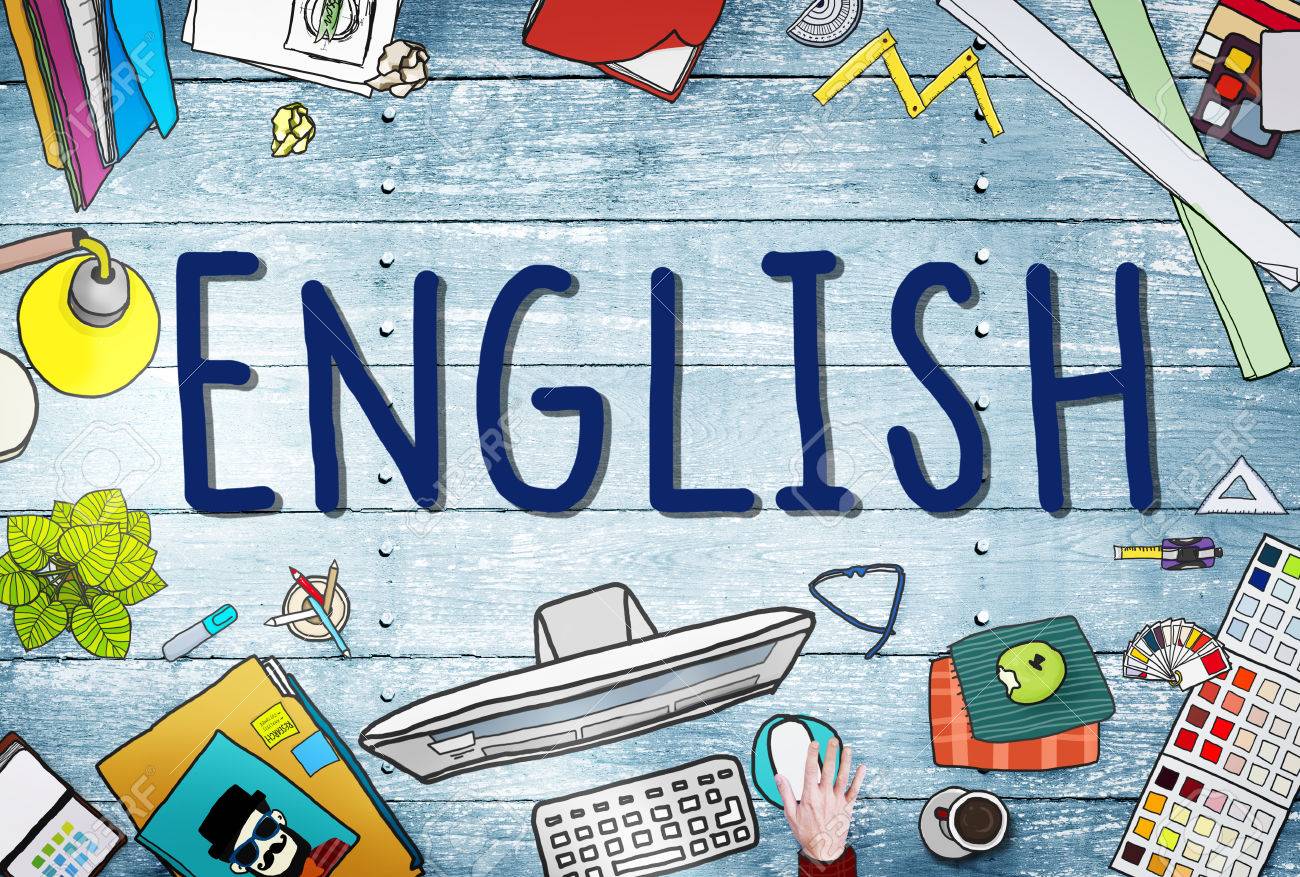
318904_Grade 7A_ENGLISH
The learner demonstrates understanding of: pre-colonial Philippine literature as a means of connecting to the past; various reading styles; ways of determining word meaning; the sounds of English and the prosodic features of speech; and correct subject-verb agreement.

318904_Grade 8-A_ English
GRADE LEVEL STANDARDS: The learner demonstrates communicative competence through his/ her understanding of Afro-Asian Literature and other texts
types for a deeper appreciation of Philippine Culture and those of other countries.

318904_Grade7A_Mathematics
The Learner demonstrates
understanding of key
concepts of sets and the
real number system.

318904-GRADE11-TVL-COOKERY
The learners
demonstrate an
understanding the
knowledge, skills, and
attitudes required in
preparing appetizers
318909-Eastern La Trinidad National High School-Technology and Livelihood Education (Dressmaking) 10-Quarter 1-Module 1:Planning a Ladies’ Skirt Design
This module covers one learning outcome under the unit competency “Draft and Cut Pattern for Ladies Skirt” which is one of the learning competencies in Dressmaking Grade 10. It is designed to develop knowledge, skills, and attitude required in planning garment designs particularly for a ladies’ skirt.
At the
end of this module, you should be able to do the following:
1.
Identify the types of ladies’ skirt. 2.
Explain the different factors to consider in
planning a ladies’ skirt design. 3.
Prepare ladies’ skirt design in accordance with the
client’s requirements.
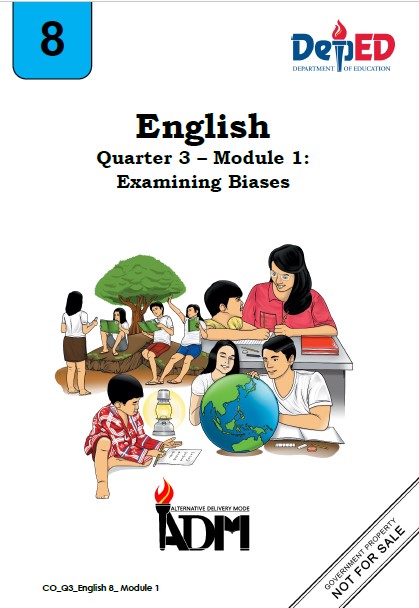
318916 Grade 8 English
This module is developed based on the Most Essential Learning Competency (MELC) presented in the English 8 curriculum guide for the third quarter. This module is split into self-contained units with their activities and notes for further reading.
Also, this module focuses on the importance of recognizing biases found in texts. Understanding these biases will help you examine unfair and baseless opinions made by some authors on a certain issue. Hence, the lesson will enable you to become critical and active readers that are able to discern and evaluate messages.
The Most Essential Learning Competency (MELC) covered in this module is to examine biases (for or against) made by the author, EN8RC-IIIg-3.1.12.
Objectives:
As a learner of this module, you are expected to:
1. determine the concept of bias;
2. identify the author’s biases in given statements;
3. recognize if the message of the author is for or against a certain issue;
4. evaluate biases found in a text by determining the author’s use of diction and evidence; and
5. create a message that promotes fair and unbiased writing.

